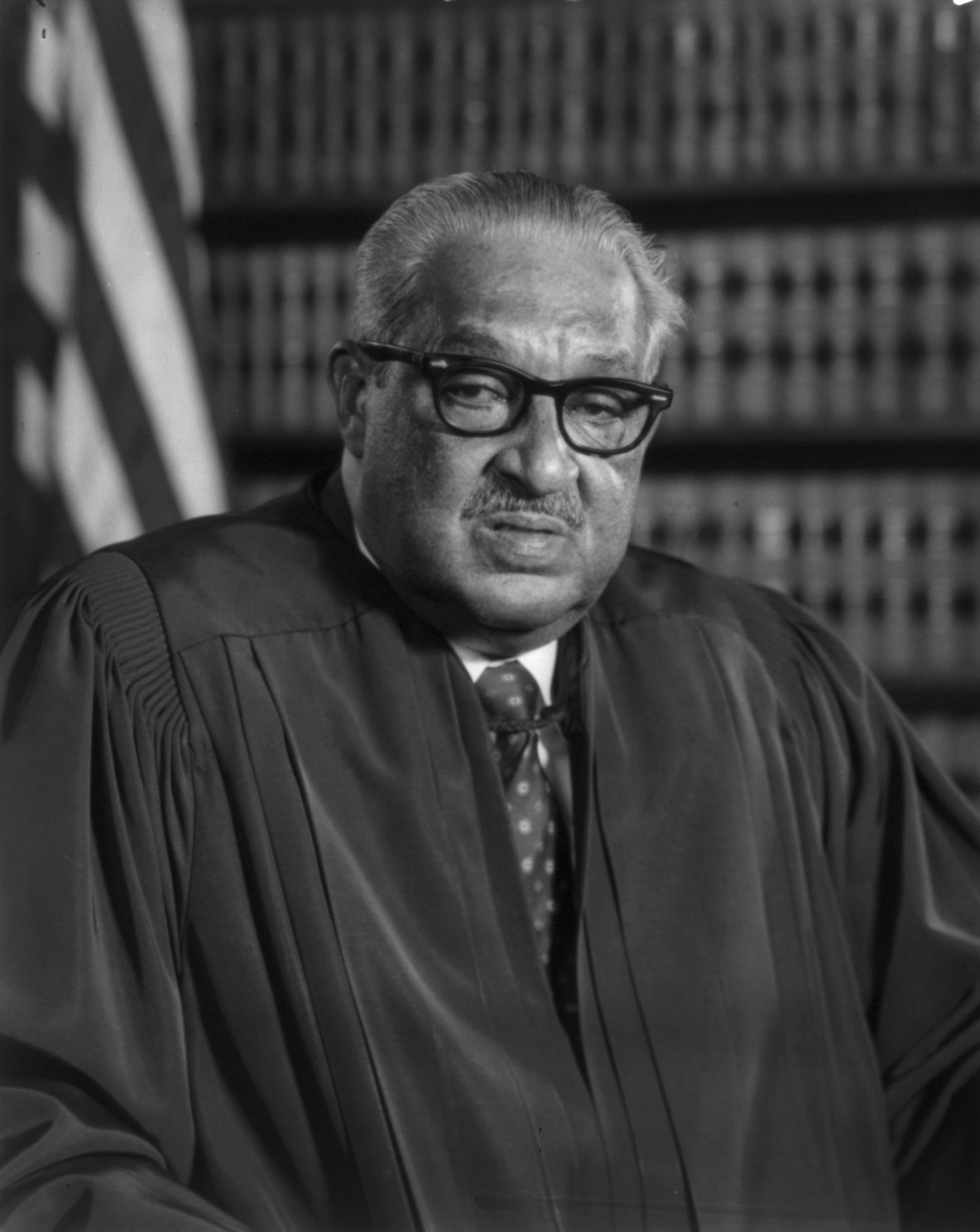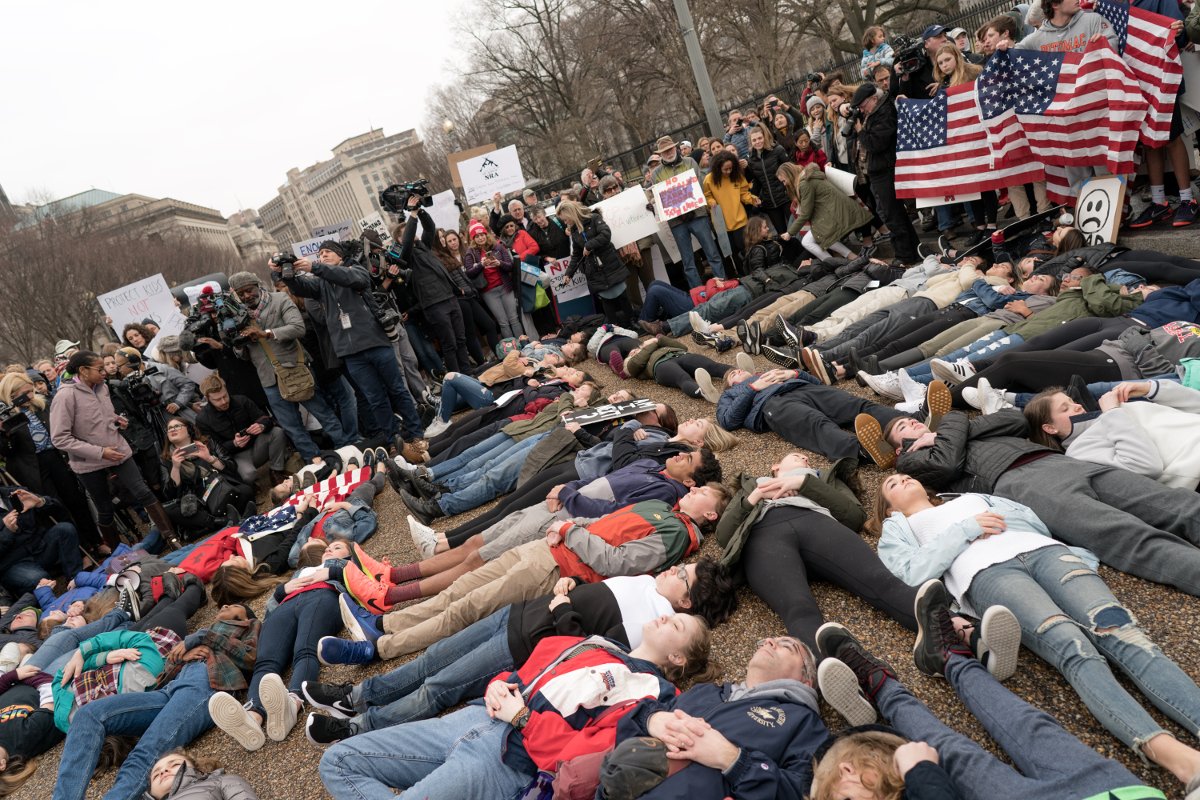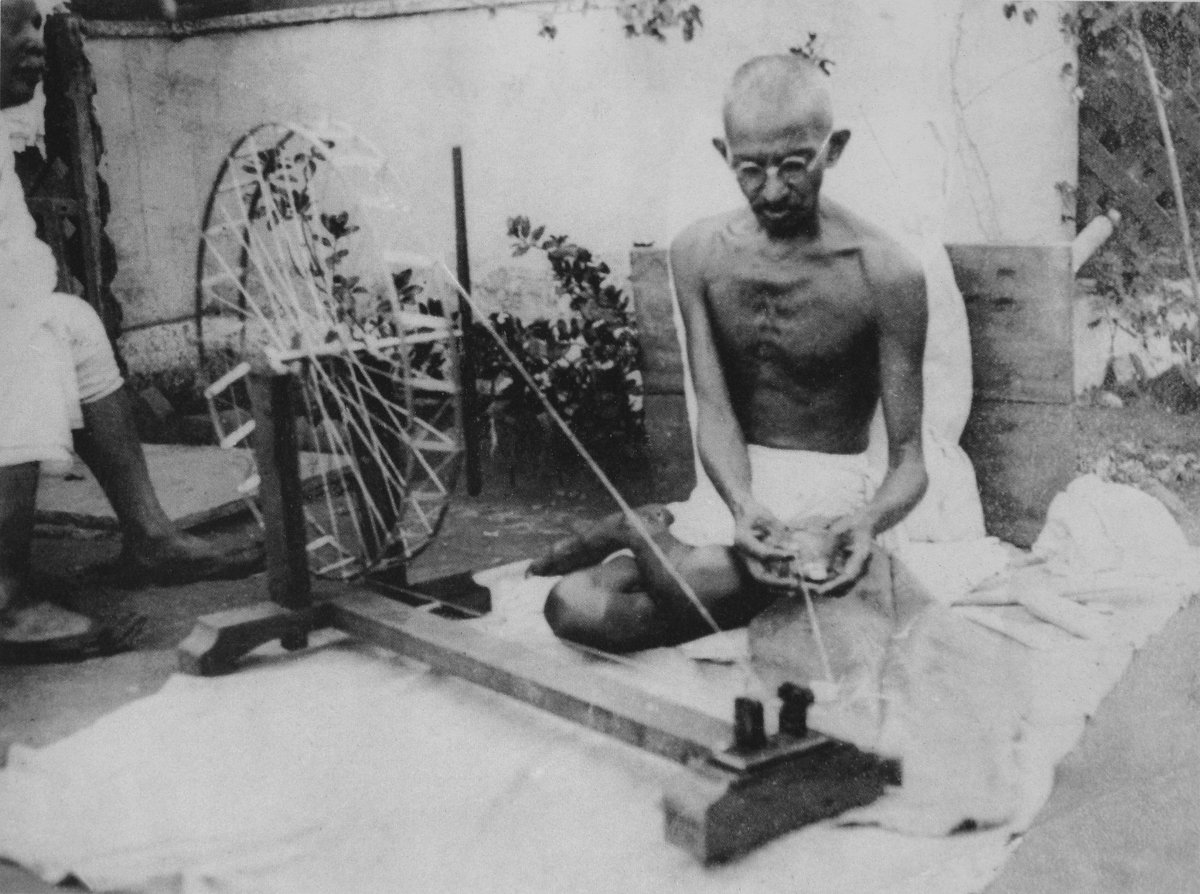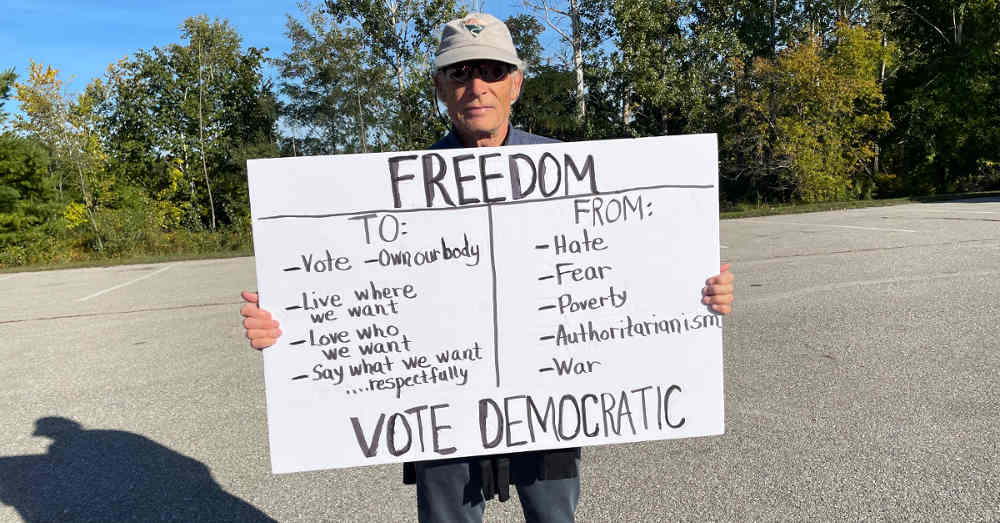“Noncooperation with evil is just as much a moral duty as is cooperation with good.” ―Martin Luther King Jr., The Radical King
The problem is that Trump is not the biggest problem.
The real problems are the culture that got Trump elected and the complicity that keeps him in office. I can only hope we can find the courage to change the culture and to challenge the dysfunctional systems that are manifesting negative energy in so many ways.

There is no shortage of Trump condemnations in the media. It’s hard to find an article these days that doesn’t contain the word Trump.
Conservative and liberal columnists have both abandoned all restraint in describing this man.
Here is a short sample:
- Preening philistine (Charles M. Blow)
- Belligerent ignoramus (Paul Krugman)
- Bigoted autocrat (Roger Cohen)
- Boasting boy (David Brooks)
- Crass bully (Bret Stephens)
- Farcical Twitter dictator (Ross Douthat)
- Corrupt authoritarian (David Frum, former George W. Bush speechwriter)
- Morally barren and temperamentally unfit (The Economist)
- America’s most irredeemable man (Brian Beutler)
- Pathological, unrepentant and irredeemable liar; womanizing misogynist; etc. etc. (Charles M. Blow)
- Lewd degenerate (Michelle Goldberg)
Psychiatrists describe him as a malignant narcissist.
The list of damning quotes and their respective sources could go on and on. It seems like there is no end to the willingness to trash Trump.
Unfortunately, I’m afraid that all this venom (as deserved as it may be) serves only as noise to keep us distracted from the larger issues.
He was elected (with help from Putin, Comey, and Cambridge Analytica), and he remains in office. How could this happen?
I think Reverend Martin Luther King got it right when he said:
“So often the contemporary church is a weak, ineffectual voice with an uncertain sound. So often it is an arch defender of the status quo. Far from being disturbed by the presence of the church, the power structure of the average community is consoled by the church’s silent—and often even vocal—sanction of things as they are.”
A religious man, King wasn’t afraid to look into the mirror and see shortcomings.
Although the fact that a large portion of Trump’s base consists of white, evangelical Christians (81% support), my intention here is not to blame Christian churches for our current dilemma. I’m simply saying that many parties continue to defend the status quo and yearn for the privileges of the past as unjust as they may have been.
The ugly truth is that Trump has done us all a favor by exposing who America really is.
He has exposed a divisive culture and cowardly complicity. The question is, what can we learn from this situation?
I believe there are three key lessons from Trump’s election.
One, we are prone to make one-value decisions. Two, the conditions and standards of our society have radically changed. Three, it’s going to take a whole lot of love and courage to get us out of this mess.
Lesson #1: One-value decisions
When we don’t take into account all the values in making a decision and we don’t seek out sufficient information to let us know how well a decision may satisfy all the values, we are likely to make a choice that causes cognitive dissonance and emotional angst.

To validate this principle, simply think about what happened the last time you dated a person based on appearance, or bought a car because it had a big engine, or selected a college because it was close to home.
While the one overriding value may have grabbed your attention in the beginning, the end results probably didn’t work out so well. In a presidential election, one would think that the most important values would be experience, knowledge, motivation, learning agility, respect for the dignity of all, humility, honesty, decency, and integrity. I’m afraid, however, that many people latched onto one or two values (e.g. Supreme Court nominee, gun rights, immigration, globalization etc.) and rode those values all the way to the finish line and beyond.
Apparently, enough people were able to overlook or discard all the other values involved in order to satisfy the one or two values about which they were most passionate.
And, to be clear, that phenomenon existed on both sides. I’m trying to focus on the timeless lesson here not on the last election.
Lesson #2: Conditions and Standards
Any problem can be analyzed by its components, functions, and processes. Our government has three major components: executive, legislative, and judicial. It serves the functions of passing laws, keeping our country safe, providing safety nets, building infrastructure, etc. The processes it should engage in are policy setting, input gathering, collaborative processing, planning, and implementing.
In order for those components, functions, and processes to work effectively, however, there has to be a deep appreciation for the conditions in which decisions will be implemented as well as agreement on the standards to be achieved. I don’t need to walk you through how well these components, functions, and processes are currently working. You can do your own analysis and make your own judgments. Instead, I want to point out that optimal effectiveness in all three dimensions depends on the ability to respond accurately and creatively to changing conditions and standards.

I believe the condition of our culture has become so divisive and dysfunctional that making progress is like swimming in mud.
And I believe the standards we have set for leadership and civility have become so eroded that transformative change is like trying to fly without wings ― lots of flapping around without getting anything off the ground. Our culture consists of a set of ideologically driven tribes with blind allegiance and fierce identification with the dominate values of their particular group. There is no sense of unity or community. There is very little communication between tribes, much less collaboration. There are few shared goals.
Lesson #3: Love and Courage
Two of the most effective change agents of the last century were Mahatma Gandhi and Martin Luther King. Both were committed to non-violent resistance and radical love.
In The Radical King, a compilation of King’s speeches from 1958-1968 edited by Cornell West, the theme of radical love resounds throughout the book. King had an inspiring vision and a loving heart. He was able to accept and forgive hateful acts that would have justified violent reaction, but he remained calm and radiant. Gandhi and King both had the courage to stand up to their prosecutors and stand for their principles. They could not have achieved such an existential and social challenge without love in their hearts.

Last week, I watched the movie Marshall, which depicted how Thurgood Marshall fought for civil rights against a system stacked against him. Through enormous courage and perseverance, he was able to save the lives of many black men who had been unjustly charged with crimes.
As a young man, he argued in front of the Supreme Court, led the school desegregation case in Brown vs. Board of Education, and eventually was appointed as a Supreme Court Justice where he served admirably from 1967 to 1991. He showed remarkable courage throughout his life.
I am not a particularly anachronistic person, but I wish we would look back to leaders like Gandhi, King, and Marshall and find the courage to create caring communities and stand up for justice and integrity. As King implied, weak voices and uncertain sounds defend the status quo.
Silence is a sanction of things as they are.
Not voting is silence.
We need to get real clear about our values and principles and stand up for what’s right. The culture caused our current predicament―Trump is merely the symptom. He creates chaos and noise instead of harmony and solutions. And we are being complicit with our weak voices or, worse, with our silence. A student in the Parkland, Florida school shooting said,
“Our leaders have become children and our children have become leaders.”
How sad and unfair.
There is simply too much hatred and violence in our culture being reinforced in a multitude of ways. We owe future generations our commitment to and capabilities for positive change. We all need to take responsibility. Our teenagers are showing courage, but we can’t expect them to carry the flag and do the work alone.

The hope in all of this is that it is possible to create norms and values of our own choosing, but only if we have the love and courage to stand up to bullies, to stand for principles, and to speak up with compassion.
We can create a more civil and collaborative culture if we let go of identities and work together for higher ideals.
So, you might ask, what am I going to do about it? And, how am I going to practice what I preach?
I’m personally committed to help Matt Morgan flip the 1st Congressional District in Michigan.
He embodies the values we need to create a more cohesive culture. He has the courage to stand up for his principles. He will not be complicit in his interactions with special interest groups. He is a Marine veteran, an effective leader, and a decent human being.
I hope you will join me in helping him win this critical seat.
May we reduce our individual reactions to the nonsense and the noise and improve how we work together to build more civil and constructive norms. Let’s not let our teenagers’ courage go unsupported.
Please donate to this campaign at mattmorganformichigan.com
Also published on Medium.





Another great post Ricky; thank you! RonnyDonny